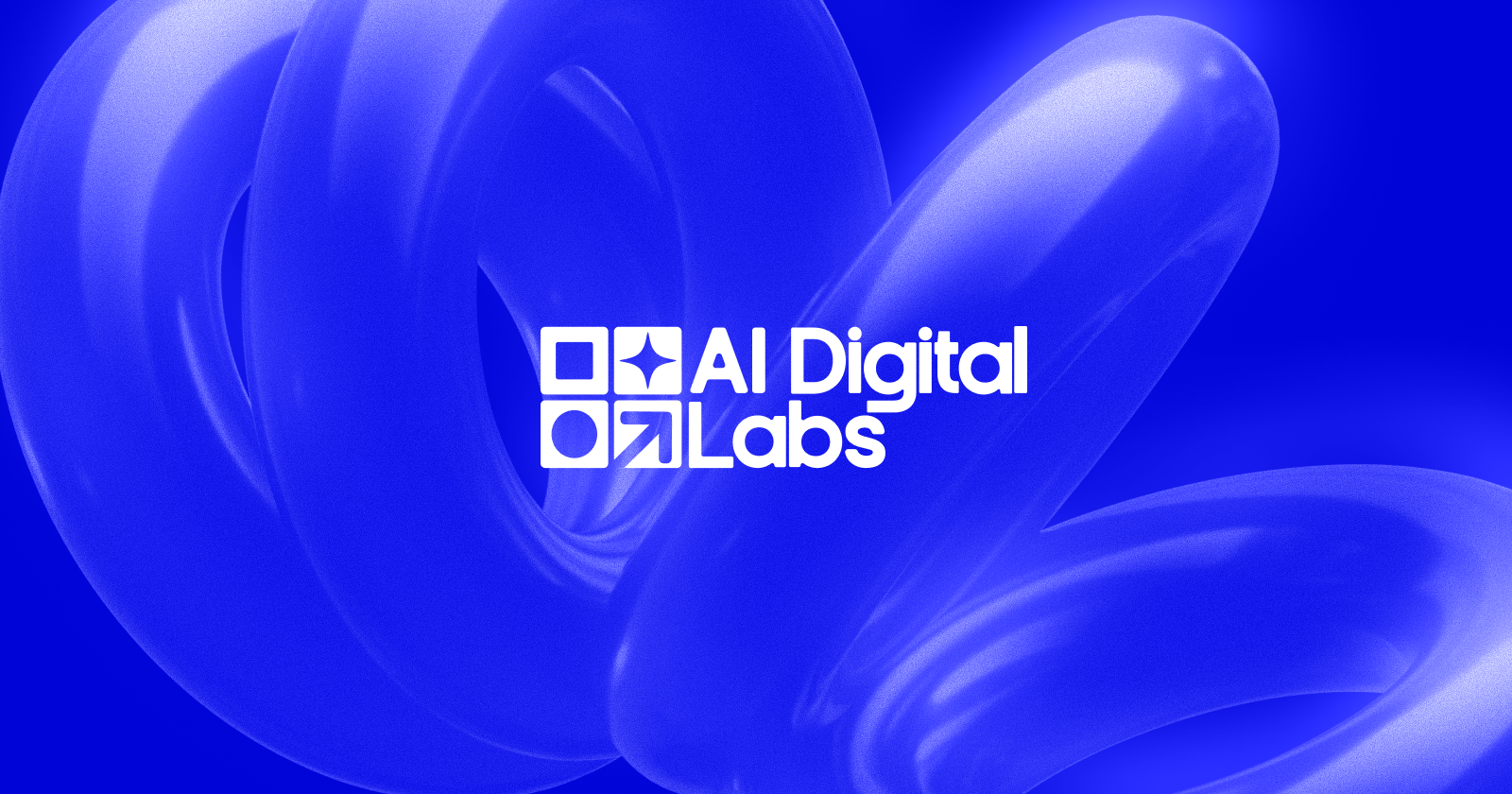"The industry had built walls where bridges should be," says Stephen Magli, who founded AI Digital that year with a radical proposition: what if smaller agencies could access the same quality inventory as the giants, but without prohibitive entry costs?
Seven years later, his Miami-headquartered company has grown to over 300 employees, maintains a remarkable 98% client retention rate, and has partnered with more than 150 brands and agencies globally. The secret? A three-pronged approach combining human expertise with artificial intelligence that's reshaping how companies approach digital advertising.
The Open Garden Philosophy
AI Digital's approach is what is called the "Open Garden" framework, a direct challenge to the "walled gardens" of major advertising platforms that often prioritize their own inventory over advertiser results.
"We believe use of AI is more reliable when done right," explains Elizaveta Bortnikova, AI Digital's COO. "That's why transparency is at the heart of everything we build."
This philosophy manifests in its DSP-agnostic approach. Unlike competitors tied to specific demand-side platforms, AI Digital's team of 150+ digital media planners, optimizers, and strategists can recommend and activate campaigns across multiple platforms based solely on client goals instead of platform preferences.
The numbers tell the story as clients working with AI Digital have seen their reliance on dominant platforms. These include Google and Meta, from which a decrease of 37 percent is evident. The clients are satisfied as they achieve higher return on ad spend through more diversified and highly performing media plans.
Three Pillars of a Complete Ecosystem
What makes AI Digital stand out in a crowded AdTech market is its holistic approach spanning three interconnected services. Its original offering, Managed Services, remains its most established product. Here, AI Digital functions as an extension of clients' media teams, handling everything from strategy to execution. But unlike traditional agencies, it focuses intensely on business outcomes rather than vanity metrics.
"Other than traditional ad metrics like CPMs and CPCs, we provide the business outcomes," says Stephen Magli from AI Digital. "How did the campaign affect your revenue? What was the actual return? This gives clients the biggest transparency for each dollar spent."
This focus on tangible results has fueled the company's year-over-year growth and attracted clients ranging from nimble startups to enterprise brands seeking alternatives to opaque agency models.
The AI Brain
In 2025, AI Digital launched Elevate, its proprietary AI platform built on seven years of campaign data. Elevate functions like "ChatGPT for media planning," allowing marketers to input basic parameters, budget, target audience, geography, goals, and receive complete media plans with performance forecasts.
Elevate is different from black-box AI solutions because of its transparency. Every recommendation comes with concise explanations and projected outcomes if implemented. During campaigns, the system suggests optimizations, showing exactly how removing underperforming elements would improve results.
"If you change this metric, for example, you will have this much better outcome," explains Stephen. "It's not just saying something is better—it shows the projected data."
The platform also solves a common pain point for media planners: the endless Excel sheets typically required for campaign management. Instead, Elevate provides intuitive dashboards accessible to both technical and non-technical users.
The Premium Pipeline
Completing the ecosystem is Smart Supply, AI Digital's answer to inventory quality challenges. Available primarily to enterprise clients with in-house marketing teams, Smart Supply provides highly optimized premium traffic.
Against competitors like MiQ, StackAdapt, and Basis Technologies, AI Digital has provided a solution by targeting the gap between enterprise actions and smaller players.
"We designed our model to be agile and partnership-friendly," says Magli. "There are no rigid commitments, no minimum spend or lock-in periods, so teams can scale with us at their own pace."
The Future: AI with Humanity
AI Digital is doubling down on its efforts in artificial intelligence and its human-centered approach. The company is expanding into AI consultancy and developing new AI products, with a Chief AI Officer joining the leadership team.
It has also established a foothold in Canada with a new Montréal office, marking its first step in international expansion beyond its U.S. base. What is notable about AI Digital's growth is how it tackles the Silicon Valley story of AI replacing humans. Instead, they have demonstrated that the most powerful approach is AI handling data-intensive tasks as humans provide guidance and context.
And for the small and medium-sized agencies that were once locked out of premium inventory? They now have a path forward that does not require enterprise-level budgets. This is perhaps the most significant change AI Digital has brought to the advertising world.

.svg)
.svg)



.jpg)
